Deb: That’s such a beautiful question. For me, it’s empathy. And my collaborators have said this about me, and I’ve started to believe it: My brand is whimsy. I can see a costume in almost anything—similar to you, Dominique, like riches from rags, miracles made out of a bottle cap, and something from nothing. I can see a whole bunch of disparate ideas and can draw the lines between them and connect them in a new unexpected way.
Dominique: The Queen’s Gambit of costume design.
Deb: Call it organized chaos.
Lux: I strive to see and celebrate the unique stories we’re all trying to tell. I think we’re all storytellers, whether we’re aware of it or not. Even when people are just getting dressed for the day, they’re telling a story through their choices.
We have so much power as costume designers to influence how people are perceived through the way we represent them. We can fight against stereotypes, uplift and empower marginalized voices, and show people the world we want to live in.
Deb: Even in the unconscious, instinctual choices that people make, which to me are always the most interesting. How do we embrace and use the differences between our deliberate and unconscious choices? How do we explore that as designers? Because that’s where the magic is—that’s the crux of who a character is at their core.
Lux: Yes! Discovering those small details is what helps breathe life into a design.
We have so much power as costume designers to influence how people are perceived through the way we represent them. We can fight against stereotypes, uplift and empower marginalized voices, and show people the world we want to live in.
Deb: I think about underwear a lot when it comes to that. It’s always about the underpinnings, whether you see them or not. What’s underneath all of it. There are choices made there—the actor knows.
Lux: And shoes. How comfortable are their shoes? Because for me, that will dictate my entire day.
Dominique: It’s the details for me, the secret nuances between the breaths of the character. I always love to think about this. We are in the business of conducting tangible objects out of the observation and study of the human psyche. I honestly think when an actor runs across an intimate design secret on their costume and they connect it to the profile of their character, that’s what magic is. That moment when stillness and belief become one.
Lux: One of the things that’s so magical about working on a theatrical production is creating a story from nothing. You start with an empty theatre and by adding different design elements and actors, your audience is transported to a different place or time. Hopefully, if all the pieces come together, audiences experience a journey that leaves them entertained and possibly even transformed.
Deb: I would say we are transformative alchemists through tangibles and visuals.
My empathy is in high gear right now. The level of cultural competency I’ve had to reach as a costume designer to do all of the work I have done over the years has been a great boon, but it’s also been exhausting. Costume designers have such a heavy lift in understanding everybody else.
We’ve had this beautiful conversation about what it means to bring yourself and your artistry and your whimsy, determination, and ability to make something from nothing, yet I think about so many experiences I’ve had where I’ve had to just put myself away, to be like, “This play’s not about me.” My skills become separate from my personage, and I have a little bit of dissociation at that moment. Today it all came caving in like, “Oh my god, where am I and who am I when I’m alone?”
Dominique: That question is necessary. It sounds like you’re going into a whole new chapter of who you are because you used these identities as tools of survival, but quite frankly they are no longer serving you, thus the internal resistance. Ascension at its finest! I mean obviously your race and ethnicity plays a big part in who you are, and you should own this fully.
Lux: I think, for better or worse, we are always in our work. We collaborate on productions but our creative voices are present in all of the choices we make. None of us are interchangeable—we all have our unique approaches to storytelling—we just have to trust we’re there for a reason.
It will be interesting to look back at this point in our careers in twenty years and see whether or not this industry-wide pause brought on by the COVID-19 pandemic will have resulted in a more introspective, impassioned approach to the projects we take on.
Deb: Certainly it’s made me a stronger communicator in the way that I am very aware of time. I have to be succinct with my language. I have to prepare more in advance so I’m using my time effectively. Although meetings for my projects have been shorter because of screen fatigue, they have increased in frequency, so I’m always on my toes because things are cycling more rapidly than they would in non-pandemic times.
Dominique: This time has taught me how to manage my own time and how to advocate for what I want and deserve. I think, as much as we can, it is imperative to check in within ourselves and ask, “Will this nourish my soul?” We seek so often outside validation but why? Singers sing with or without a stage, so no matter what, we need to design with or without a playbill.
I think, as much as we can, it is imperative to check in within ourselves and ask, “Will this nourish my soul?”

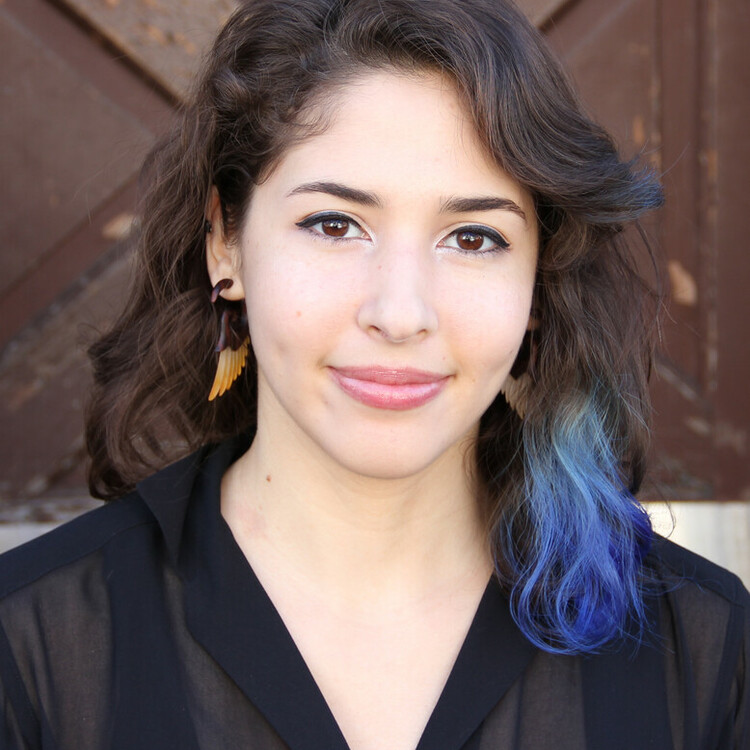
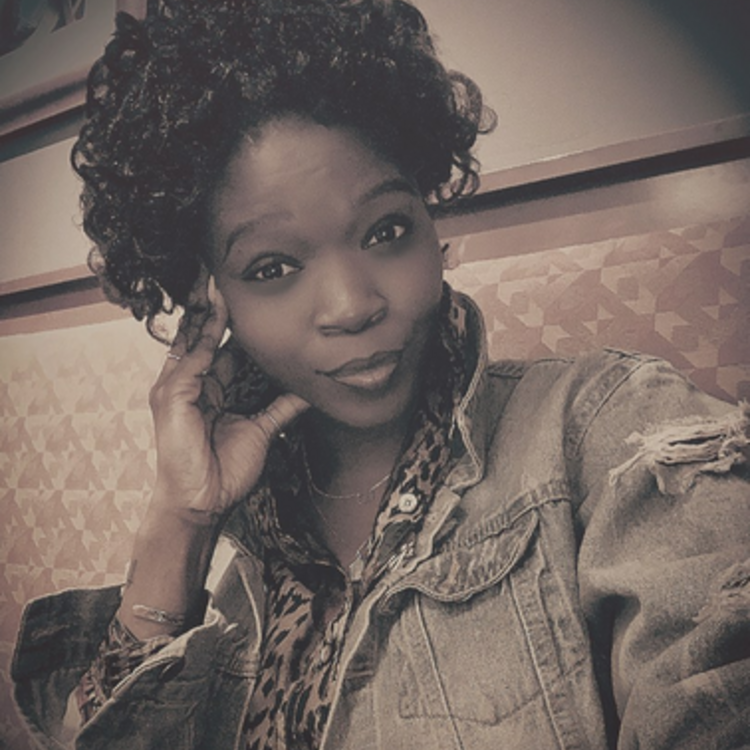
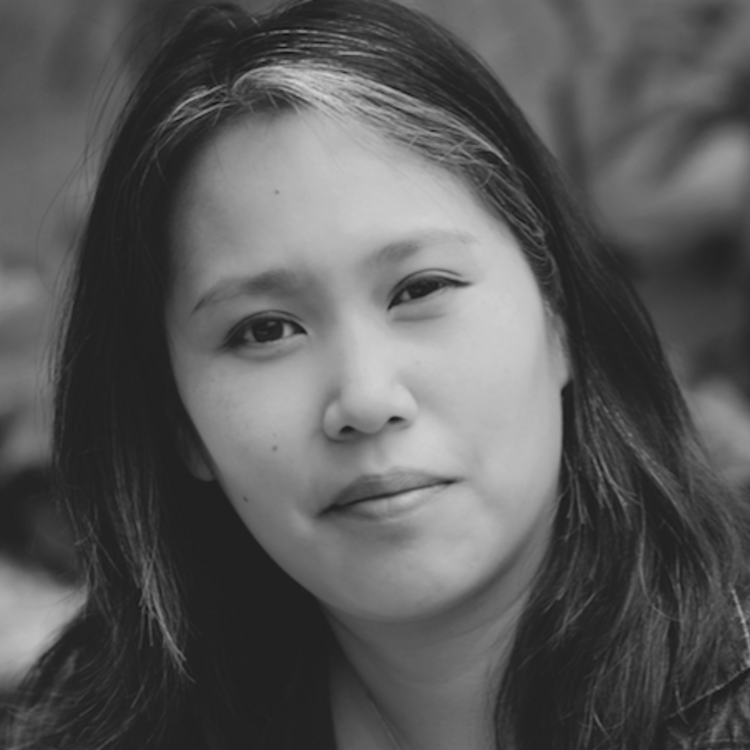
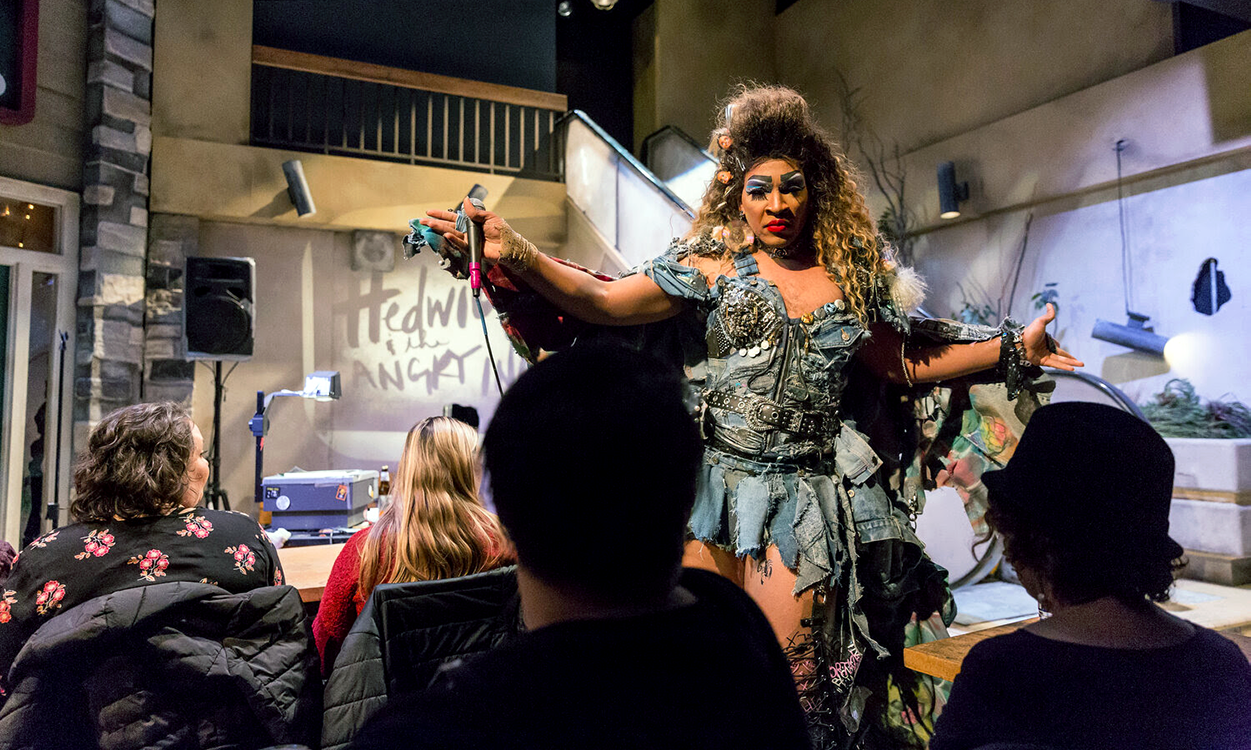
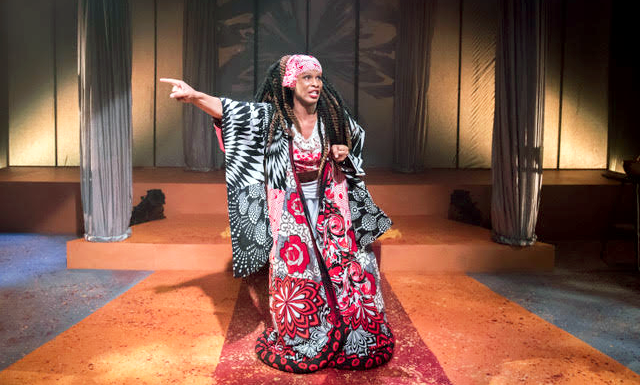
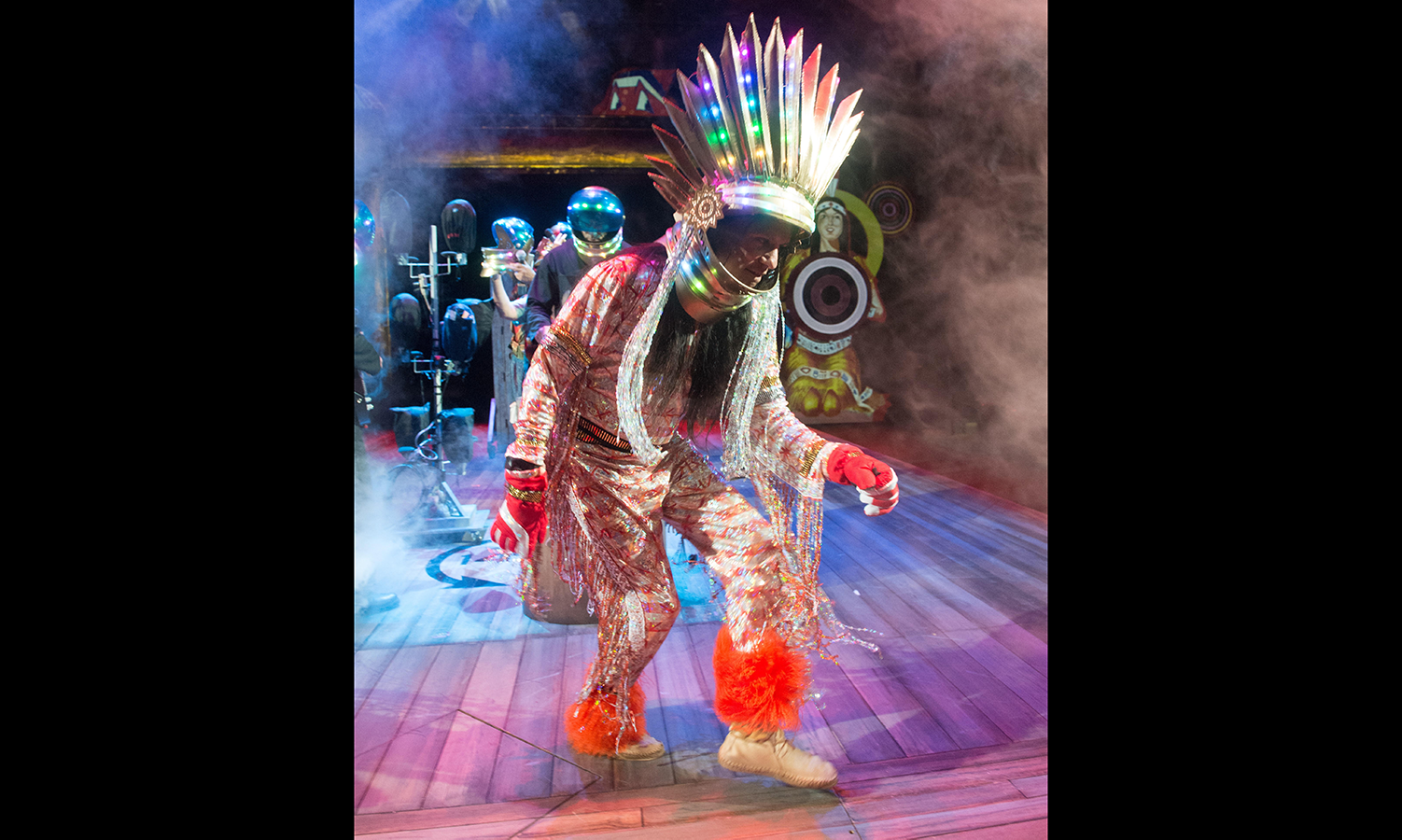
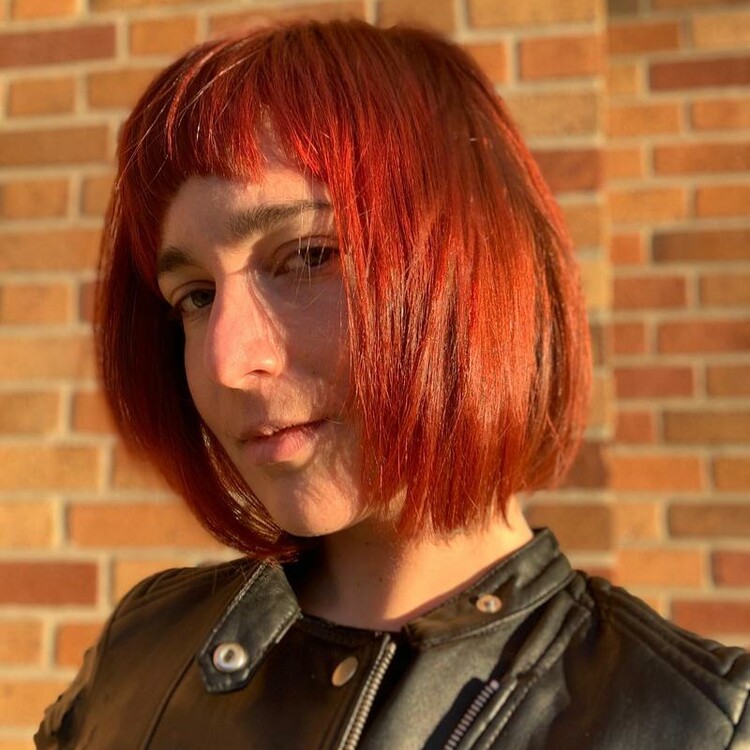
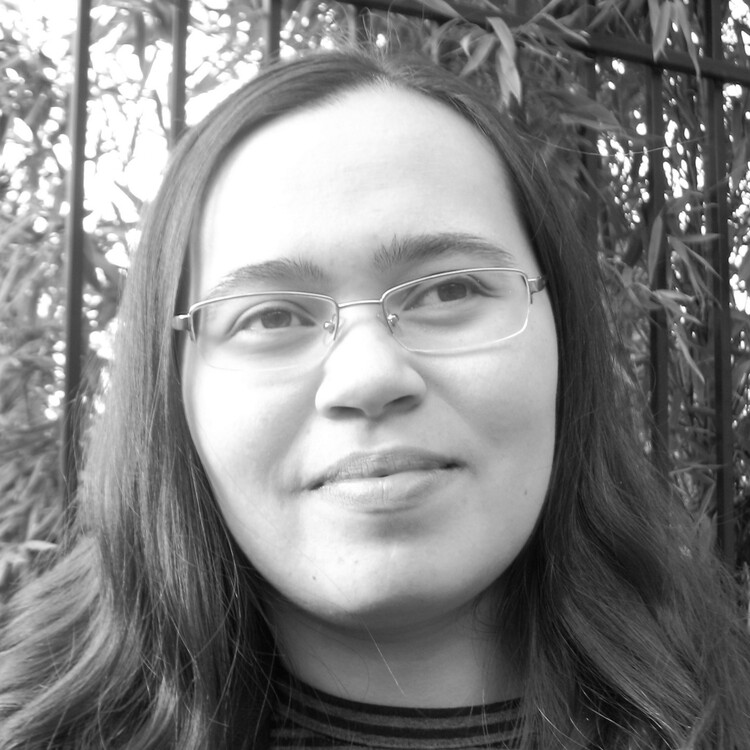





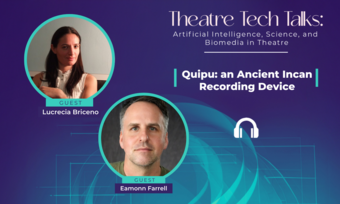


Comments
The article is just the start of the conversation—we want to know what you think about this subject, too! HowlRound is a space for knowledge-sharing, and we welcome spirited, thoughtful, and on-topic dialogue. Find our full comments policy here